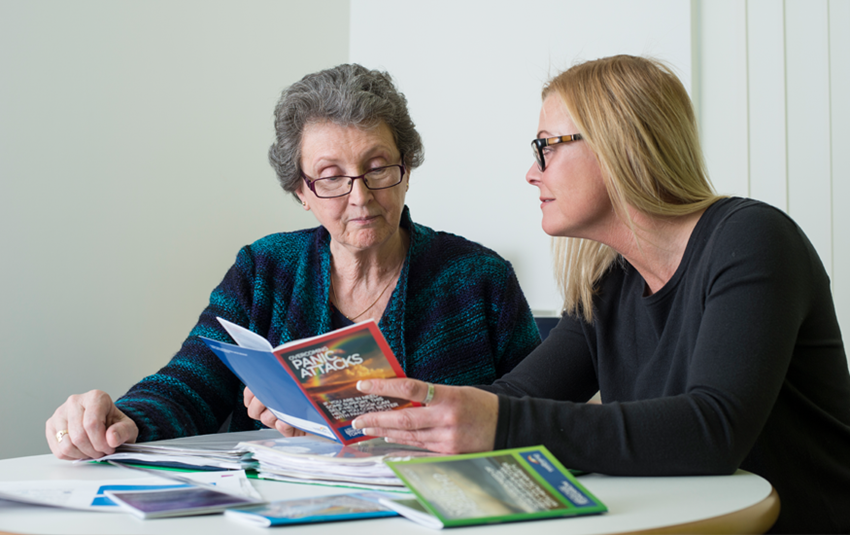Previous
Health psychologist
To become a neuropsychologist, you must complete an accredited Psychology degree and additional neuropsychology training.
Clinical neuropsychologists are concerned with the assessment and rehabilitation of people with brain injury or other neurological disease.

To become a neuropsychologist, you need a good standard of education. Useful subjects include:
Speak to your guidance teacher or careers adviser about subjects offered at your school.

You may find it helpful to get some healthcare experience by doing a work placement or volunteering. You’ll get training, increase your knowledge, and learn new skills. This could help you when applying to university, college or a new job with NHSScotland.
Neuropsychology is a post-qualification discipline, available to chartered psychologists within the field of clinical or educational psychology.
Widening participation supports adult learners who want to go to university. If you’re an adult with few or no qualifications, you could get into higher education through the Scottish Wider Access Programme (SWAP). Many universities also provide access programmes to help you get the degree entry qualifications you need.
Most universities accept a wide range of qualifications, so you have the option of applying directly from school or going to college first.
At college, you could do a Higher National Certificate (HNC) or Higher National Diploma (HND) to set you on the right path. These include:
You can search for college courses on My World of Work.
In order to undertake any neuropsychology courses, you'll need one of the following:
On completion of training, practitioners will usually work for at least one year in a specialist service and then undertake the BPS Qualification in Clinical Neuropsychology (QiCN), or the equivalent accredited route via a university provider, which confers eligibility for entry to the society’s Specialist Register of Clinical Neuropsychologists.
Criteria for the QiCN and accredited routes involve completing a postdoctoral diploma in clinical neuropsychology and examining a portfolio of clinical neuropsychology cases.
Clinical neuropsychologists are specially trained to understand the relationship between brain and neuropsychological function. They require not only knowledge of the broad range of mental health problems, but also specialist knowledge in the neurosciences.
Tasks include:
You’ll need these skills:
You’ll work with a range of people, including:
You could work in:
Once qualified and registered with HCPC, you'll be eligible to work in NHSScotland as a practitioner psychologist. You will then be eligible to apply to become a chartered member (CPsychol) of the British Psychological Society (BPS).
The BPS is the professional body for psychologists in the UK. They offer 3 levels of membership:
Find out more on the BPS website.
The HCPC is an independent, UK-wide regulatory body responsible for setting and maintaining standards for health, psychological and, in England, social work professionals. It maintains a public register of qualified professionals and works to improve industry standards and education.

Discover the skills and qualifications you’ll need for each role and what the work will be like.
Explore careers
Our blog includes how-to guides, case studies, and career resources.
Discover more